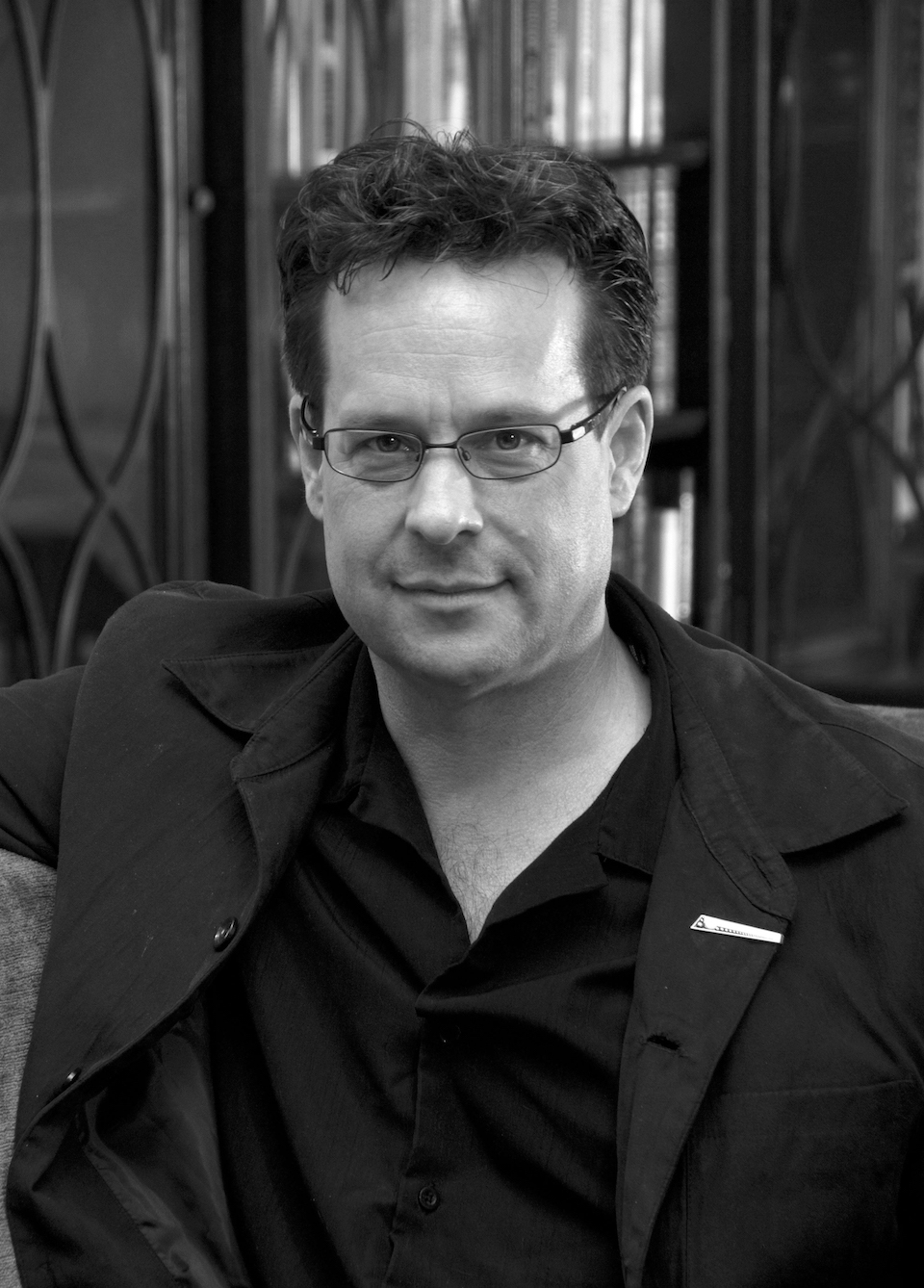Award Winners
George Bogin Memorial Award - 2002
Kevin Prufer

THE RISE OF ROME
Rose like a fog off a lake at dawn as the bus rolled past, a young man nodding sleepily against the glass.
Rose from the runway like an airplane that has not long to live.
Rise, the pastor told us, and we rose from our pews and fingered the books because we knew
our time was short. We sang and bowed our heads, then kneeled.
It was a gorgeous empire in its brick and marble. Gorgeous,
like a new car, all windshield and chrome. I wanted to touch it, to slide my finger along the headlight's bee-eye of glass
and not think about it overturned in a field, the wheels slowing and the cockpit just smoke.
Rise, the gods said in their wisdom and rings. Rise, in their fingers nettled over with scars, in their whimsical and gratuitous
anger and love. Rome rose and rose like a fog
and we said yes to the gods and played our guitars. Yes and boarded our planes, or drove the long roads outside of the city
where the sun came down and no one plowed it away. It was a lovely time,
faster and faster like smoke. The baths and the aqueduct, the opulent quarter and the less
opulent. I swam in perfume while my servants ate mice, while the borders collapsed
and planes crowded the skies. Oh give me, give me, I said to the gods who grinned around their crystal balls.
It was always summer while Rome was rising. The pastor said kneel. The gods just laughed.
We spread our beach towels on the sand and collapsed.
Jill Bialosky on Kevin Prufer
The winner I've chosen certainly uses language in an original way, but more so, there is a spiritual presence in this work that seeks unification in humanity. This is a group of poems by a poet who has allied the classical with the contemporary, who in the gorgeous poem "The Rise of Rome" fuses ancient Rome with "beach towels on the sand," personalizing an empire, and what it means to its people. The poem seeks and rejoices in the communal. These are poems that quest, and in their quest achieve a pitch perfect sense of musical delight. In "Beautiful Nero," the poet sits at a café until it closes down, and recalls Nero who played his fiddle and sang the night Rome burned. In this lyrical evocation, the poet also evokes the contemporary city "crouched in darkness." "How lovely, when a city dies/ and one is far enough away to make a son of it," he writes. In the lovely "An Angel," the poet envisions a group of children who have befallen an angel. "Such a body/his soul crawled out of— we couldn't let it stay," she writes, and since we indeed live in a time of oppression, with the threat of destruction a reality, what better image than "An Angel," to descend upon us.
